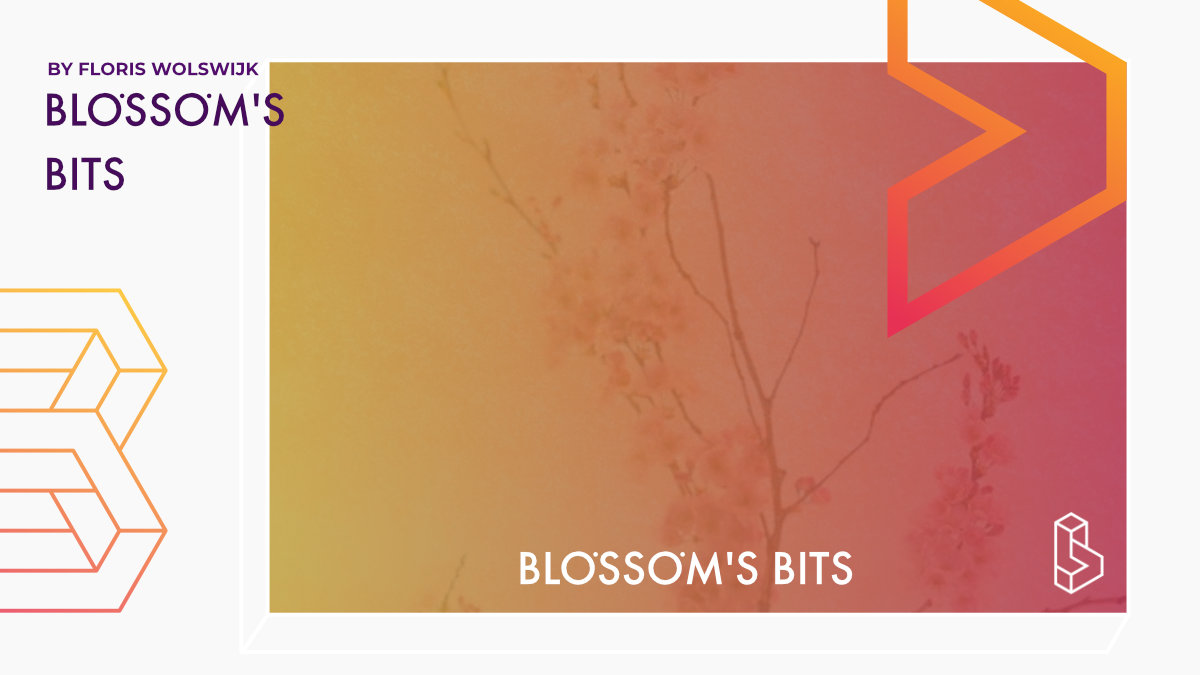Over April, we continued to learn more about psychedelic medicine.
Researchers argued that psilocybin increases global integration in the depressed brain – although these findings have since been disputed.
Classic psychedelic use is associated with lower odds of opioid use disorders, while the role of therapy and therapists themselves in psychedelic medicine was further explored.
Let’s take a quick look at some of the exciting articles released into the wild in April.
Psychedelics remain under the microscope
The paper that grabbed the turned the most heads this month found that global integration in the brain increases after psilocybin therapy in depressed patients. The media were all over this one, and the article itself created quite a stir online.
While the findings are positive, other researchers have since critiqued these findings and the methods used by the paper’s authors. To find out more, see my post from last Friday.
When assessing the effectiveness of a series of ketamine infusions on neurocognitive function, significant improvement was observed in working memory following completion of the series – but – more significant improvements in PTSD and depression symptoms were associated with lower working memory, slower processing speed and faster set-shifting at baseline.
Electroconvulsive therapy (ECT) was compared to intravenous ketamine in depressed patients across five clinical trials – ECT emerged as a superior treatment concerning response rate, remission rate, time to response, time to remission, and magnitude of improvement in two of the trials – relapse rate and time to relapse did not differ between ECT and ketamine groups.
The role of therapy and therapists in psychedelic medicine
Interviewing 30 integrations therapists revealed common themes like expressing concern about nonresponsive clients, defining integration as a bridge between the psychedelic experience and daily life, and apprehensions about the commercialisation of psychedelic psychotherapy.
In a separate study – following a second psilocybin session – therapeutic alliance had a direct impact on final depression scores – not mediated by the acute experience – with a weaker alliance ahead of the second psilocybin session predicting higher absolute depression scores at the endpoint.
Other interesting bits
Data from the U.S. National Survey on Drug Use and Health (n = 214,505) revealed that lifetime psilocybin use was associated with lowered odds of opioid use disorder (OUD) – no other substances, including other classic psychedelics, were associated with reduced odds of OUD.
In another survey (n = 1,661), a higher number of lifetime uses of psychedelics predicted greater positive and lower negative emotional reactivity while measures of self-consciousness predicted greater reflection and internal state awareness, reduced rumination tendency and public self-consciousness.
Fructose (i.e. sugar) was detected as a major component in samples of ayahuasca for the first time, while harmine was found to be present in the solids suspended in the beverage.
Want more? Then check out the full April recap written by Iain.
Even more? Browse our back catalogue with monthly recaps spanning over 2 years.
Become a psychedelic insider
Get a Pro Membership to enjoy these benefits & support Blossom📈 full reports on Topics & Compounds
🧵 full summary reviews of research papers
🚀 full access to new articles
See Memberships

